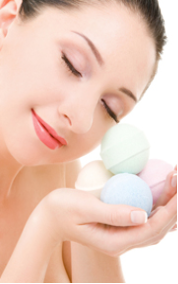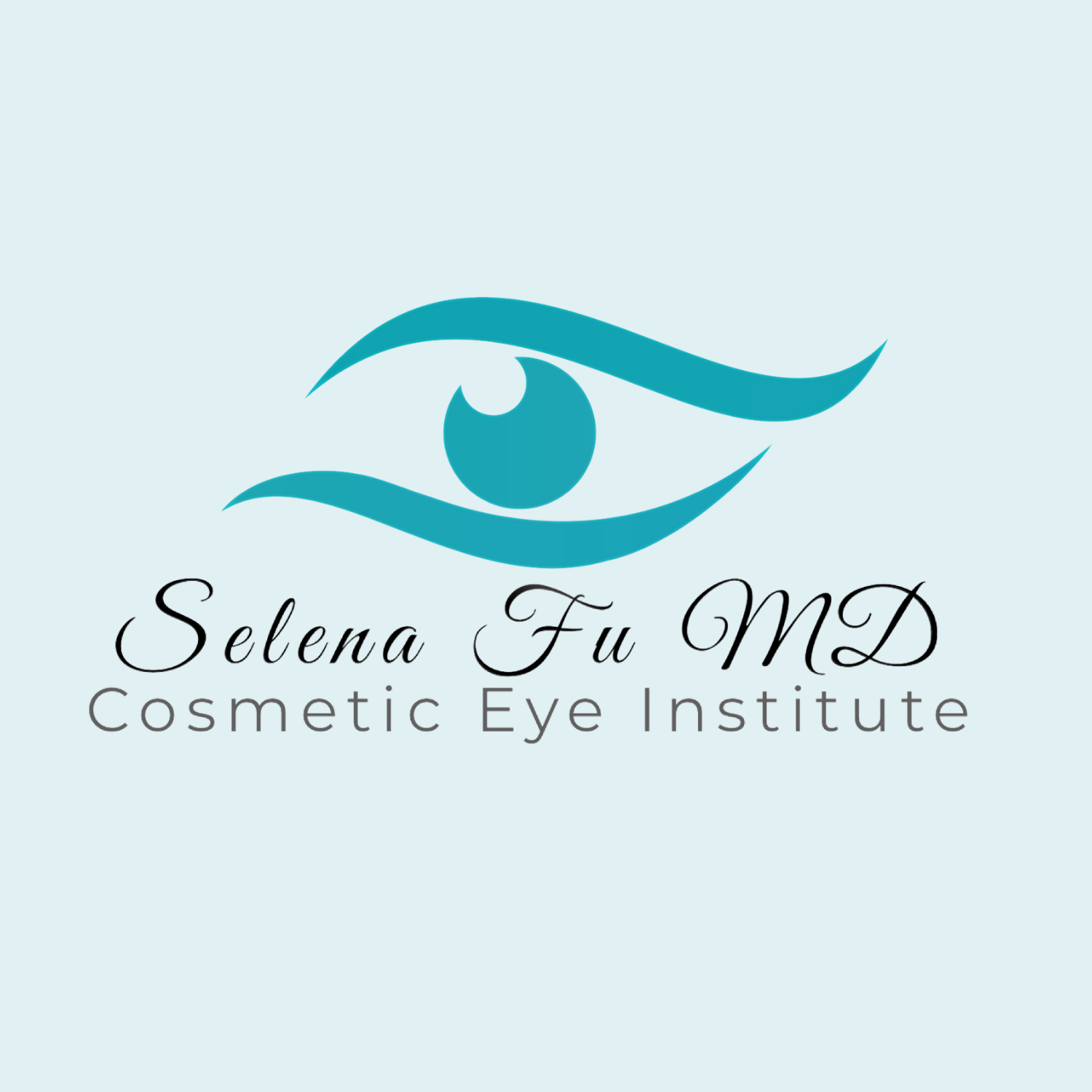The skin is the single largest organ in humans. On average, human skin measures fifteen to twenty one thousandths of an inch thick, spreads approximately twenty square feet and weighs eight to ten pounds. Healthy skin is firm, smooth, evenly pigmented and well hydrated.
Signs of aging may include all of the following: smile lines, lines under the lower eyelids, bags and hanging skin around the eyelids, fine wrinkles on the cheeks, dry or blotchy skin, roughness, laxity, redundancy, discoloration, abnormal pigments, abnormal blood vessels, benign, precancerous and cancerous lesions, deep lines around the nose, mouth, frown lines, superficial lines above the upper lip and below the lower lip, fullness under the jaw, fatty pouches alongside the mouth, frank jowling, redundant skin under the neck. The primary factors affecting aging are both intrinsic and extrinsic. Inherent genetic and hormonal driven, intrinsic aging changes, and more importantly extrinsic photo aging and environmental damage from the likes of cigarette smoke play the predominate role in aging.
Other secondary factors that have an impact on skin aging may include gravity, sleep lines, and changes related to repetitive movement.
Skin care is a two pronged process: 1) to protect and prevent damage 2) to repair and improve skin health and function. Skin care regimens start with a mild cleanser. Most bar soap are too strong for the skin. Washing with warm water and a gentle cleanser removes dirt and oil from the skin and prepares it for other products. A broad spectrum sunscreen is the single most important component of your skin regimen since it helps protect the skin from photo damage. An appropriate sunscreen should include either a physical blocker of UV radiation like zinc or titanium dioxide or a chemical blocker such as avobenzone (parasol). An SPF (Sun Protection Factor) of 30 or greater is optimal. In addition to sunscreen, topical antioxidants like vitamin C and peptide help scavenge free radicals in the superficial skin and prevent damage. These products also seem to have effects in improving cellular function as well.
To repair damage three types of products are the mainstay in skin rejuvenation:
1) Exfoliation via alpha hydroxyl acids
2) Pigment suppression via hydroquinone and
3) Retinoids to improve the function of fibroblast, the cell that makes collagen, and important matrix component of the skin.
Your eye and facial plastic surgeon can help you determine which skin care regimen is best for you.

An award-winning full-stack digital marketing studio
Lorem ipsum dolor sit amet, consectetur adipiscing elit, sed do eiusmod tempor incididunt ut labore et dolore magna aliqua Lorem ipsum dolor sit amet, consectetur adipiscing elit, sed do eiusmod tempor incididunt ut labore et dolore magna aliqua.
